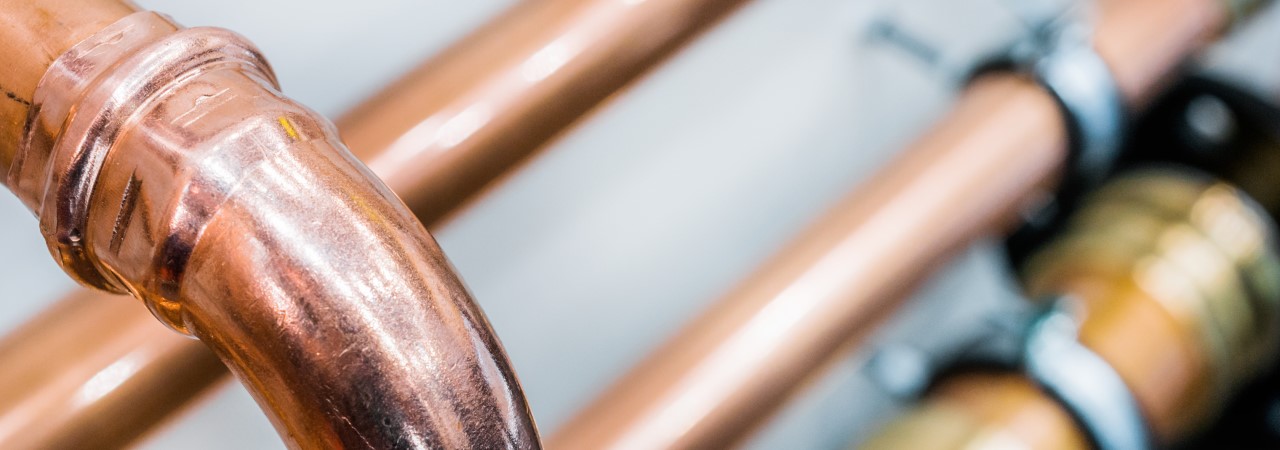Reduce The Chances of a Water Leak by Keeping Your Home Well-Maintained
Even though water leaks can occur in even the most well-maintained homes, it’s still crucially important to be proactive in maintaining your home.
Not only does this reduce your chances of having a ‘dreaded water leak’, but it can also aid you should you need to make a home insurance claim. Many home insurance policies will expect you to keep your home in good repair and loss-adjusters may query claims where they feel more could be done to maintain a home.
No-one wants a water leak in their home and the associated hassle, only then to have their claim queried by their insurance provider. So, with that said, let’s look at some of the basic things you can do to keep your home in good condition and reduce the chances of a water leak occurring.
Check Your Roof Tiles
Water leaks caused by roof damage can be devastating. As such, you should make sure that you maintain your roof and repair it whenever it gets damaged.
Carry out a basic inspection of your roof on a regular basis, at least every six to twelve months. Start with going into your loft and looking for any light that may be coming through the roof. Inspect your beams for signs of any damp or rotting. Follow this up with a visual inspection of the exterior tiles and note any concerns (with photographs if possible). If you do find cause for concern, contact a roofing specialist who can advise.
Clean Your Gutters
Clogged gutters put pressure on your roof and could lead to water leaks. Therefore, as part of your leak prevention plan, you need to make sure that you keep your gutters clear.
When you check your roof, you should also clean your gutters. Use rubber gloves to remove any dirt and debris, and then wash the inside of the gutters with disinfectant. By keeping your gutters clean, you’ll reduce the chances of dirty rainwater building up on your roof and leaking into your home.
You might need to clean your gutters more often if they are near to trees or other sources of debris. Also, you should check and clean your gutters if you notice that water isn’t running off your roof correctly.
Get Your Boiler Serviced Annually
Water leaks don’t just come from outside; your central heating and internal water supply can also leak, causing problems in your home. One of the easiest things that you can do to reduce your chances of water leaks is to get your boiler serviced every year.
Many plumbing specialists and manufacturers offer boiler servicing, so you can easily book an appointment. Consider setting a calendar reminder so that you always remember and don’t forget.
An experienced boiler engineer can check your boiler for damage and recommend the best solution. They can also advise you on the best time to replace your boiler so that your home’s central heating system is efficient all year round.
Check The Boiler Pressure
Some simple boiler checks, such as pressure checks, you can do yourself. If you notice that your boiler isn’t working efficiently, or you lose your hot water supply, the first thing you should do is check the pressure.
Checking the pressure yourself and adjusting it is easy; if you’re not sure how to do it, then check out this handy guide. If the problem persists, or you can’t adjust the pressure yourself, then contact a boiler engineer to ensure that the problem gets fixed quickly.
Visually Inspect Pipes, Joints, And Seals
You should also inspect the pipes, joints, and seals in your home. Look at all aspects of the system for signs of wear and tear, or water supply issues. If you notice that any of your seals are loose, or that your pipes appear damaged, then contact a plumber to get them to repair or replace the damaged area.
Often, pipes crack because they freeze over during the winter months, so check that your central heating system and pipes have adequate insulation. If you’re concerned that your pipes need more insulation, then consult a plumber to find out if you need to add more.
By being proactive and checking your pipes before you notice a water leak, you’ll reduce the chances of a leak occurring. Prevention is better than the cure, as the saying goes, and this is certainly true of water leaks.
Be Proactive If You Notice A Leak
The most important piece of advice that we can give you is to act swiftly if you notice even the smallest water leak. Leaks will never fix themselves and will only grow and cause more damage over time. Your insurance company will look for evidence that you acted in a timely manner to reduce the damage caused by the leak.

 Pinpoint Trace and Access Ltd.
Pinpoint Trace and Access Ltd. Pinpoint Trace and Access Ltd.
Pinpoint Trace and Access Ltd. Pinpoint Trace and Access Ltd.
Pinpoint Trace and Access Ltd.